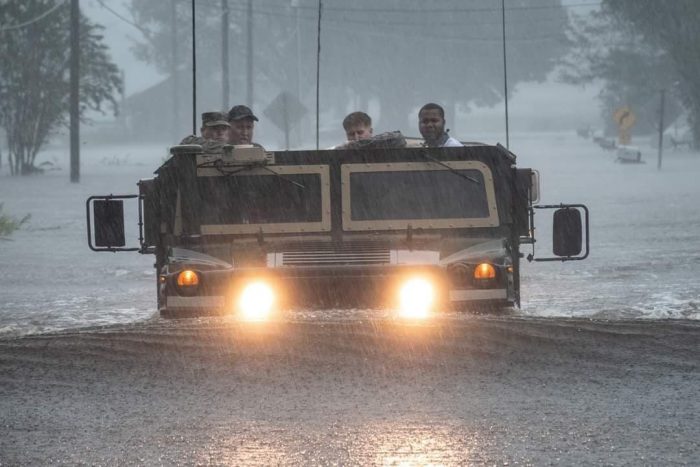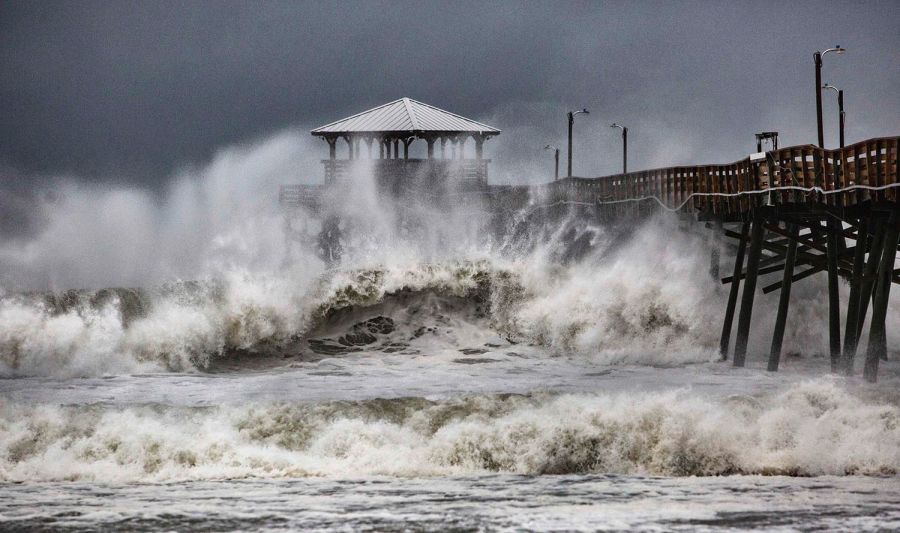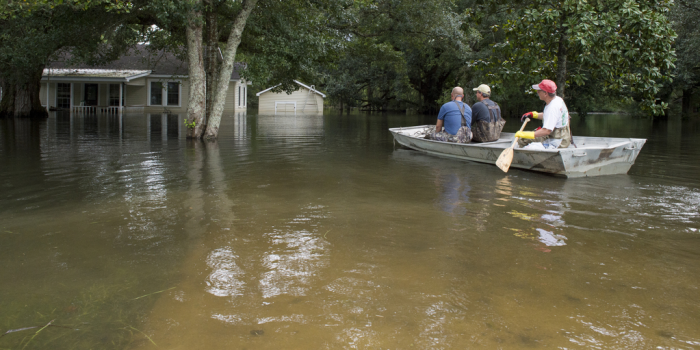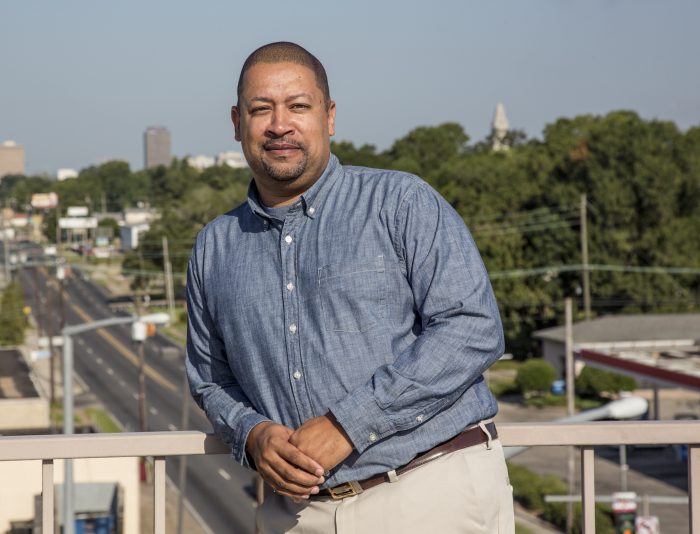Lessons Learned from Louisiana to Communities Affected by Hurricane Florence
During Hurricane Florence, the Center for Disaster Philanthropy (CDP) heard from many community groups trying to figure out how to support their members, access funding/philanthropy and continue their work in a time of crisis. To support one of these requests, CDP invited me to share my experiences of recovery in Baton Rouge, La, from the […]


During Hurricane Florence, the Center for Disaster Philanthropy (CDP) heard from many community groups trying to figure out how to support their members, access funding/philanthropy and continue their work in a time of crisis. To support one of these requests, CDP invited me to share my experiences of recovery in Baton Rouge, La, from the Great Flood of 2016 with the South Carolina Association for Community Economic Development. I was happy to do so; we are facing an increased number of disasters in the U.S. and it’s critical that we support each other and learn from past experience.
My organization, Mid City Redevelopment Alliance (MCRA), was created in 1991 to support the growth and sustainability of the Mid City neighborhood in Baton Rouge. Unlike many communities, we weren’t greatly affected in August 2016 when a huge rain event dumped nearly two feet of water – three times the amount of rain that fell during Hurricane Katrina – on the city in a short period of time. We knew that we had to help our neighbors and so immediately began mucking and gutting homes and assisting in the rebuilding effort. An empty building next to our office became a warehouse for construction supplies and furniture.
We had already been working with our friends at HousingNOLA to create a coalition to develop a plan to preserve and expand affordable housing in the city. Post-flood, it was critical that this be activated immediatelyin order to ensure that tenants and homeowners could quickly be returned to some sense of normalcy. With the support of several funders – including the CDP-managed Louisiana Disaster Recovery Alliance – the Housing FIRST Alliance of the Capital Area was launched to support post-disaster recovery with a vision to ensure that affordability of housing stock remained viable for the residents of East Baton Rouge parish. With more than 30 organizations signed on, and the support of Mayor Sharon Weston Broome, we are beginning to make progress and have learned a lot along the way that is useful for our colleagues in the Carolinas.
Here are my tips for housing and community development associations:
- Find out what your member groups are doing. What is their plan during and after the flood? What would they like to be doing? What would it take to get it done?
- Convene the membership. People need time to talk about their experiences, share stories from the field and plan for the future together.
- Preach SELF-CARE. You will be needed for much longer than you might think. Disaster recovery is a marathon not a sprint, especially in terms of the supply of housing stock. Human service agency type folks so often focus on their clients and they forget that they need to take care of themselves as well.
- Network. Promote local networking conversations to recommend that groups collaborate and share resources. How can they work together in a more coordinated fashion? Funding is limited especially in a flood disaster. Avoid duplication and streamline services through cooperation.
- Be strategic. Tell them to focus on what they are good at doing and remind them: that is not EVERYTHING! When client needs are so high it’s tempting for organizations to want to do everything they can to help. No one agency can do it all but together, by each group focusing on their specialty, recovery will begin to occur.
As the instances of flooding and other disasters increase, it’s vital that we all continue to share lessons learned. The CDP Playbook provides vital information to strengthen communities’ recovery and resilience, including housing strategies. It is important that we continue to support one another and learn from each other in this important work.
More like this

Announcing the 2018 Atlantic Hurricane Season Recovery Fund

